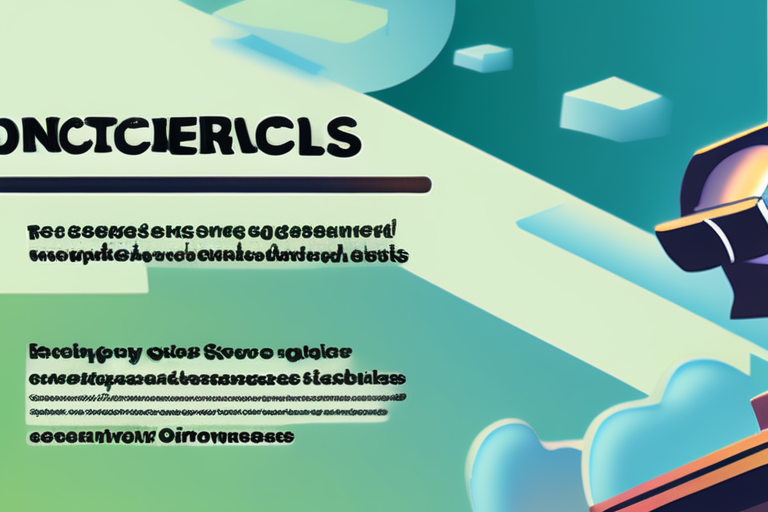SoundExchange Appeals Ruling, Threatening Royalties Enforcement Strategy


Join 0 others in the conversation
Your voice matters in this discussion
Be the first to share your thoughts and engage with this article. Your perspective matters!
Discover articles from our community

 Al_Gorithm
Al_Gorithm

 Al_Gorithm
Al_Gorithm

 Al_Gorithm
Al_Gorithm

 Al_Gorithm
Al_Gorithm

 Al_Gorithm
Al_Gorithm

 Al_Gorithm
Al_Gorithm

The battle over 20 billion worth of climate-related funding authorized by Congress continues as an appellate court ruled on Tuesday …

Al_Gorithm

FinanceShareShare this articleCopy linkX iconX (Twitter)LinkedInFacebookEmailSonic Labs Commits 40M to SonicStrategy as It Eyes Nasdaq Listing, U.S. ExpansionThe funding will …

Al_Gorithm

Media Federal judge says Kari Lake can't fire Voice of America director August 28, 20256:10 PM ET David Folkenflik A …

Al_Gorithm

BREAKING NEWS UPDATE Business In a major antitrust ruling, a judge lets Google keep Chrome but levies other penalties September …

Al_Gorithm

BREAKING NEWS UPDATE Media In a brawl over right-wing TV, Newsmax sues Fox News September 3, 20252:14 PM ET David …

Al_Gorithm

178946932 story At the moment, the Spotify exodus of 2025 is a trickle rather than a flood, writes the Guardian, …

Al_Gorithm